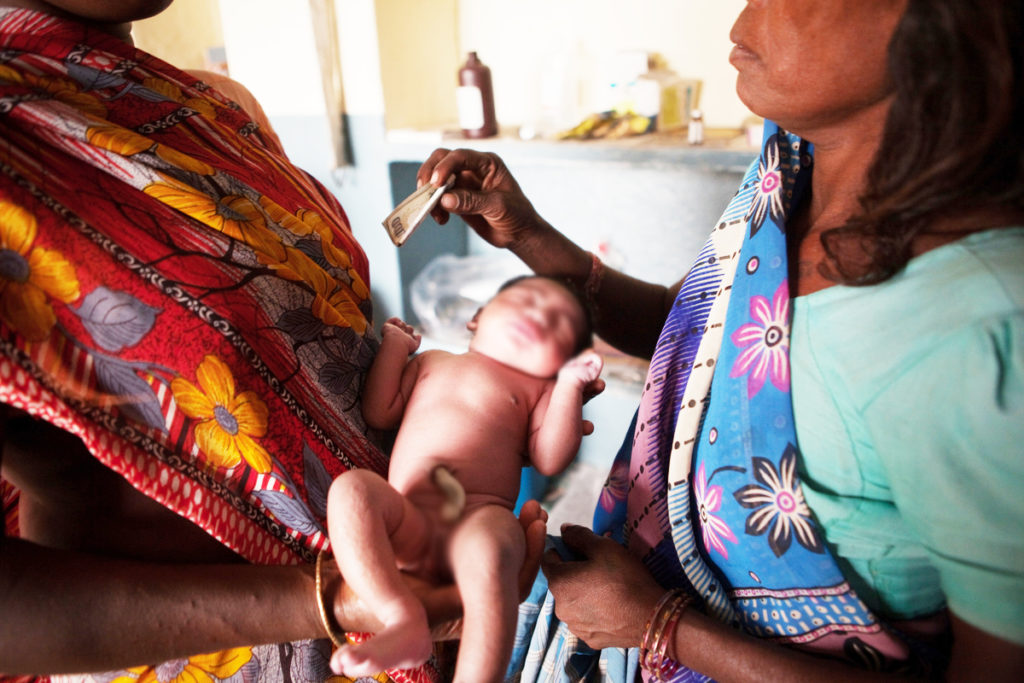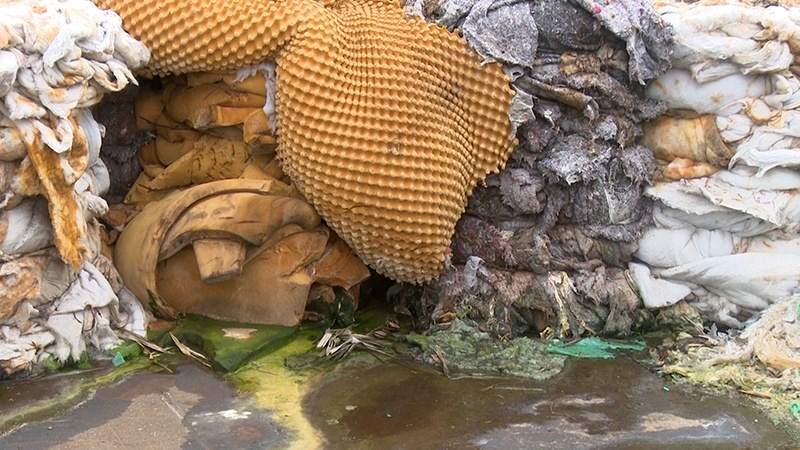By Yahiya Rikas Ahamed
A news investigation has found that the CEB, which is still running at a loss, has reportedly failed to deduct the interest income of its consumer security deposits from consumer electricity bills, according to the law.
The CEB has earned an interest income of Rs 1 billion at the end of 2018, according to the COPE Committee Report, and according to RTI information, Rs 14.3 billion has been deposited as security deposits from 2009 through the end of 2018.
An owner of one of the large rubber factories in Kandy said, “I paid Rs 1 million as a security deposit during the expansion of my business, but neither did the CEB pay interest income for that security deposit, nor did it deduct it from the electricity bill.”
He did not mention his name, fearing a reprisal. He also stated “a few of my factories have already been closed, but the CEB has still not paid either security deposit or interest income.”
Under CEB regulations, if a factory is closed or power is withdrawn from use, the security deposit must be repaid. Consumers are charged security deposits according to their average electricity usage, with the aim of avoiding non-payment for used electricity. Under the rule, where the deal with the CEB has been terminated, customers have the right to receive security deposits and interest income through it.
However, only very few customers were given the security deposits by the CEB, and most of that was after consumers brought legal proceedings against the CEB. The Public Utilities Commission of Sri Lanka (PUCSL) stated that a lack of knowledge of the public about this law is the main reason.
CEB spokesman, Sulakshana Jayawardena, said, “In accordance with the law, interest income must be returned to the public, but at the moment we have faced immense losses, which is why it is difficult to pay the security deposits,” and added “we knew that the interest on income must be paid for the security deposits.”
In 2018, the CEB suffered a loss of Rs 28.9 billion, and this loss was forecast at Rs 85 billion last year, and Rs 120 billion next year.
Rs 650 is collected as security deposits from ordinary home users, and Rs 1,500 is collected as security deposits from organisations. The CEB mentioned that Rs 1,000 must be charged for each kilo-volt-ampere (KVA) electrical unit from large-scale businesses and factories.
From CEB reports, it has been uncovered that, since 2009, the total amount of security deposits has doubled to the last 10 years.
The CEB has not yet mentioned any information concerning the repayment of interest income and security deposits.
Public Utilities Commission Communication Director and Media Spokesman, Jayanath Herath, said “there were 3 complaints received from customers about the non-payment of interest income.”
He further claimed that “it is unfair for the CEB to claim that they have not yet taken any details on repaying interest income and security deposits.
Based on the Central Bank’s average weighted fixed deposit rate, the Public Utilities Commission gave clear guidance to CEB on the interest rate.” Nonetheless, CEB Spokesman, Sulakshana Jayawardena, said “I don’t know about interest income and interest rate.”
The PUCSL sent the interest payment instructions for the security deposit to CEB and Lanka Electricity Company Private Limited (LECO) at the beginning of 2017, according to electricity law.
The Public Utilities Commission of Sri Lanka (PUCSL) agreed and approved 8.93 per cent as an annual interest rate on the security deposit in 2017. “Yet, the CEB was not interested, did not implement it, and did not even take action to deduct from the bill for electricity,” Herath said.
[This report was produced under the CIR Investigative Journalism Fellowship Program 2019/2020]




